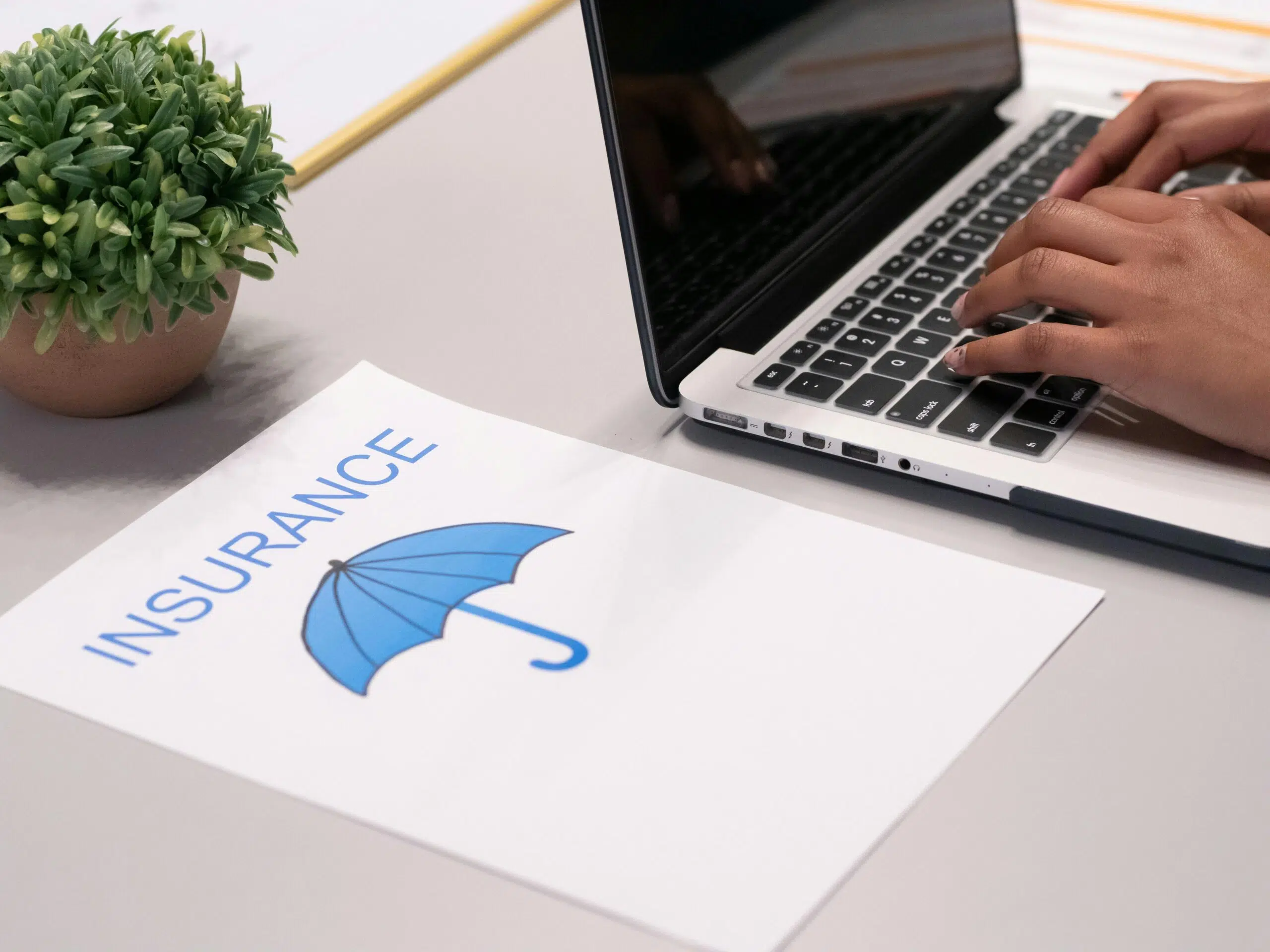What Happens If You Don’t Have Insurance?
July 17, 2025

Living without insurance might seem like a way to save money in the short term, especially if you’re healthy or financially stretched. But in reality, not having insurance can expose you to significant financial hardship and legal consequences that can follow you for years. Whether it’s a medical emergency, car accident, or unexpected death, the absence of proper coverage can leave you and your family vulnerable.
In this post, we’ll break down the risks of going uninsured, explain the differences between insurance types, and show you why having the right policy is a crucial part of your financial well-being.
1. Immediate Financial Burdens
One of the most devastating consequences of not having insurance is the financial burden you may face during emergencies. Medical bills, auto repair costs, or funeral expenses can escalate quickly, leading to massive out-of-pocket expenses that most families are unprepared to handle.
Imagine facing a sudden hospitalization without health insurance—the bill for a simple emergency room visit can range from hundreds to thousands of dollars. If surgery or long-term care is involved, those costs can skyrocket. This is why it’s essential to understand the differences between health insurance and life insurance, and why both play a critical role in your financial safety net.
2. Long-Term Debt and Bankruptcy
Many Americans file for bankruptcy due to medical debt. Without comprehensive insurance coverage, a single event—such as a car accident or a critical illness—can push individuals into deep debt. Life insurance also plays a vital role here; while it doesn’t cover living expenses, it does ensure that your loved ones aren’t burdened with debts or funeral costs if something happens to you.
To learn more about choosing the right policy, check out the process of applying for life insurance, which outlines what to expect from application to approval.
3. Legal Consequences
In some cases, not having insurance is illegal. For instance, most U.S. states require drivers to carry auto insurance. Failing to comply can lead to fines, license suspension, and even jail time. Likewise, some states still impose penalties for not having health insurance.
Without the necessary coverage, you’re not just taking a financial risk—you’re also exposing yourself to potential legal penalties.
4. Missed Access to Quality Care
Another hidden risk is the limited access to healthcare services. Many doctors and facilities require insurance before providing non-emergency care. Without coverage, even getting a routine check-up or prescription refill can become costly and difficult.
Insurance isn’t just about emergencies—it ensures you have ongoing, preventive care to catch health issues early before they become serious or costly.
5. Strain on Family and Loved Ones
When you’re uninsured and something happens, it’s often your family who bears the burden—whether that’s helping you pay medical bills, covering funeral costs, or managing debts you leave behind. Having life and health insurance in place protects your loved ones during life’s most difficult moments.
If you’re unsure where to begin, visit JNA’s Insurance Resource Center to explore plans and get expert guidance based on your needs and budget.
Why Insurance Is a Non-Negotiable Part of Financial Planning
Insurance might feel like an extra expense, but in reality, it’s one of the most essential investments you can make. The financial and legal risks of going without insurance are simply too great. From everyday medical needs to end-of-life planning, being insured means being prepared—for anything.
Don’t wait for a crisis to realize the value of being covered.